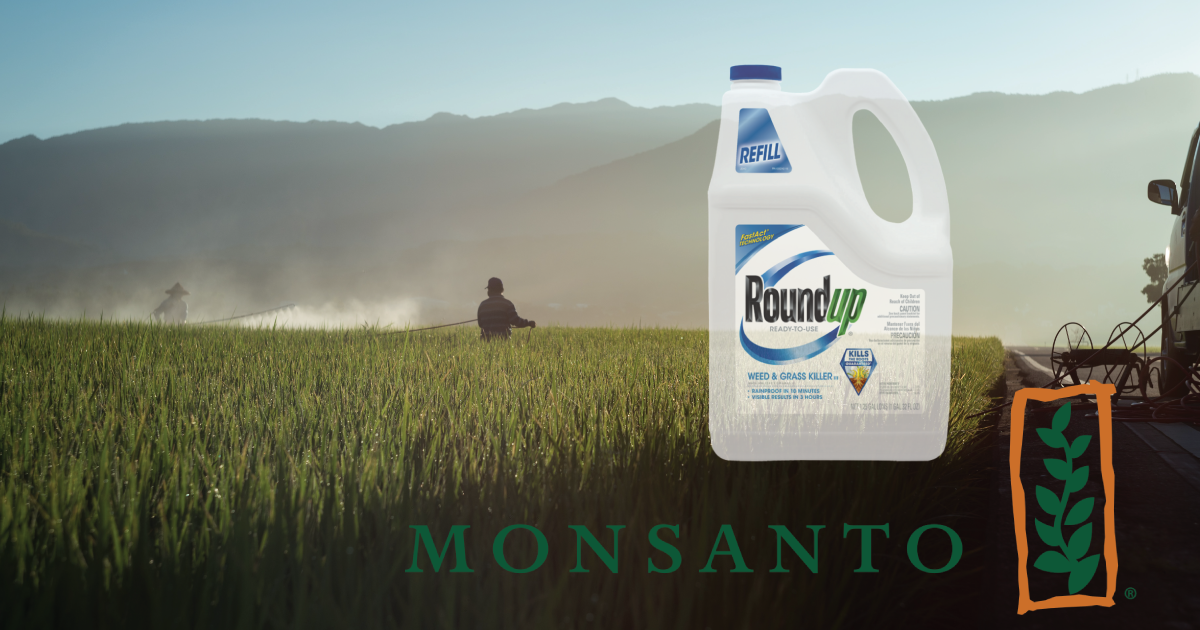
Court Documents Reveal Monsanto’s Efforts to Fight Glyphosate’s ‘Severe Stigma’
In March 2015, agrochemical giant Monsanto had a problem. The World Health Organization's International Agency for Research on Cancer (IARC) announced that glyphosate, the principal ingredient in Monsanto's Roundup weed-killer product, was probably carcinogenic to humans. Negative results from the IARC panel, which identifies and evaluates environmental causes of cancer in humans, could mean a potential hit to the company's profitability.
March 12, 2019 | Source: CBC | by Gil Shochat
Canadian firm hired to recruit scientists to publish studies that ultimately defended Roundup’s key ingredient
In March 2015, agrochemical giant Monsanto had a problem. The World Health Organization’s International Agency for Research on Cancer (IARC) announced that glyphosate, the principal ingredient in Monsanto’s Roundup weed-killer product, was probably carcinogenic to humans.
Negative results from the IARC panel, which identifies and evaluates environmental causes of cancer in humans, could mean a potential hit to the company’s profitability. Roundup is a major profit generator for Monsanto. In 2015, Monsanto made nearly $4.76 billion US in sales and $1.9 billion in gross profits from its “agricultural productivity” sector, a large part of which was made up of Roundup sales, according to a filing with the U.S. Securities and Exchange Commission.
A review by CBC/Radio-Canada of internal Monsanto documents disclosed in the court case of Dewayne Johnson, who sued Monsanto and won $78 million last October, showed the many efforts the company took to fight the IARC assessment.
